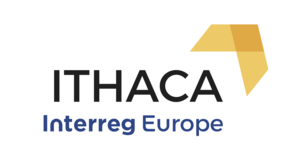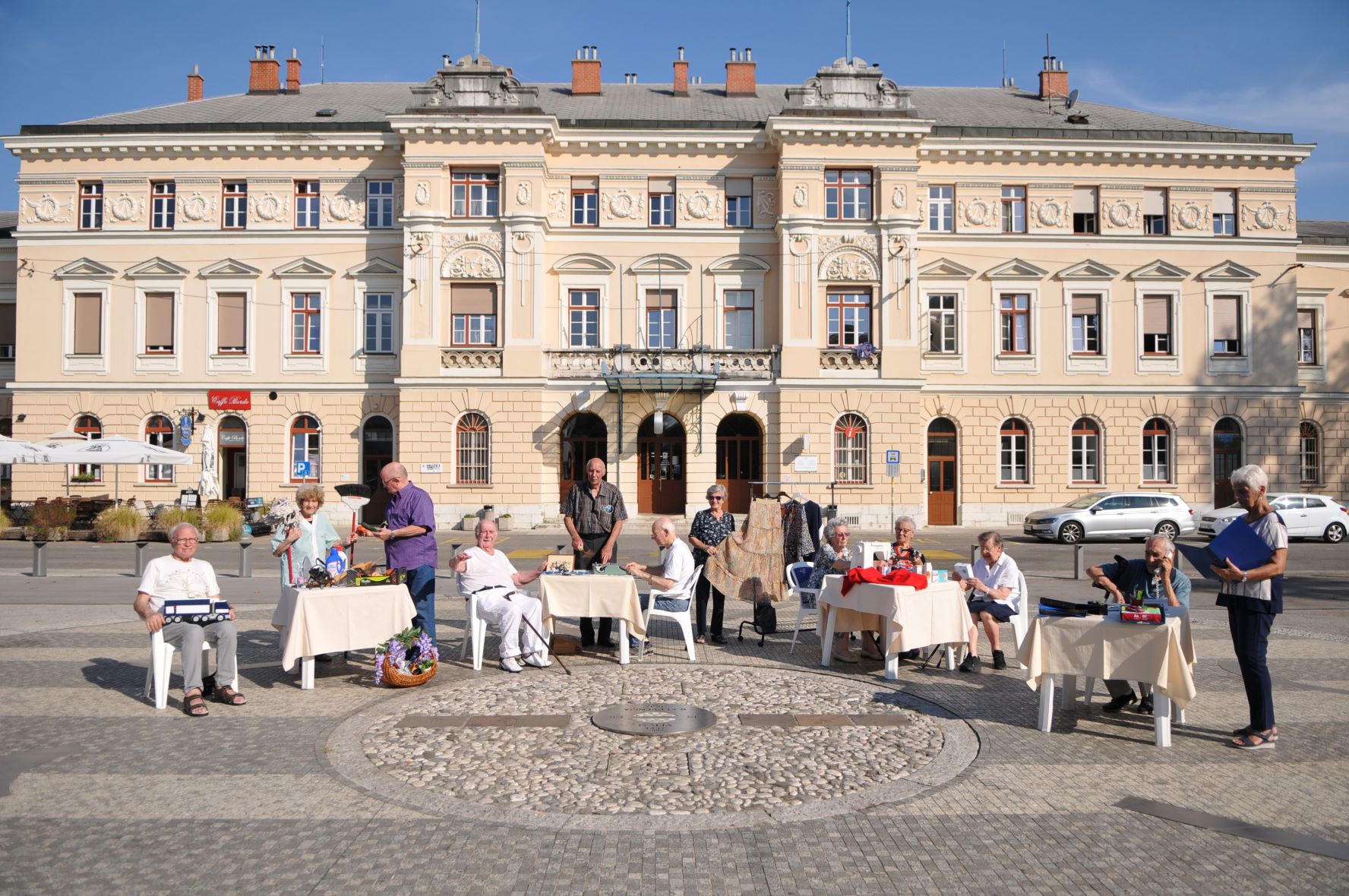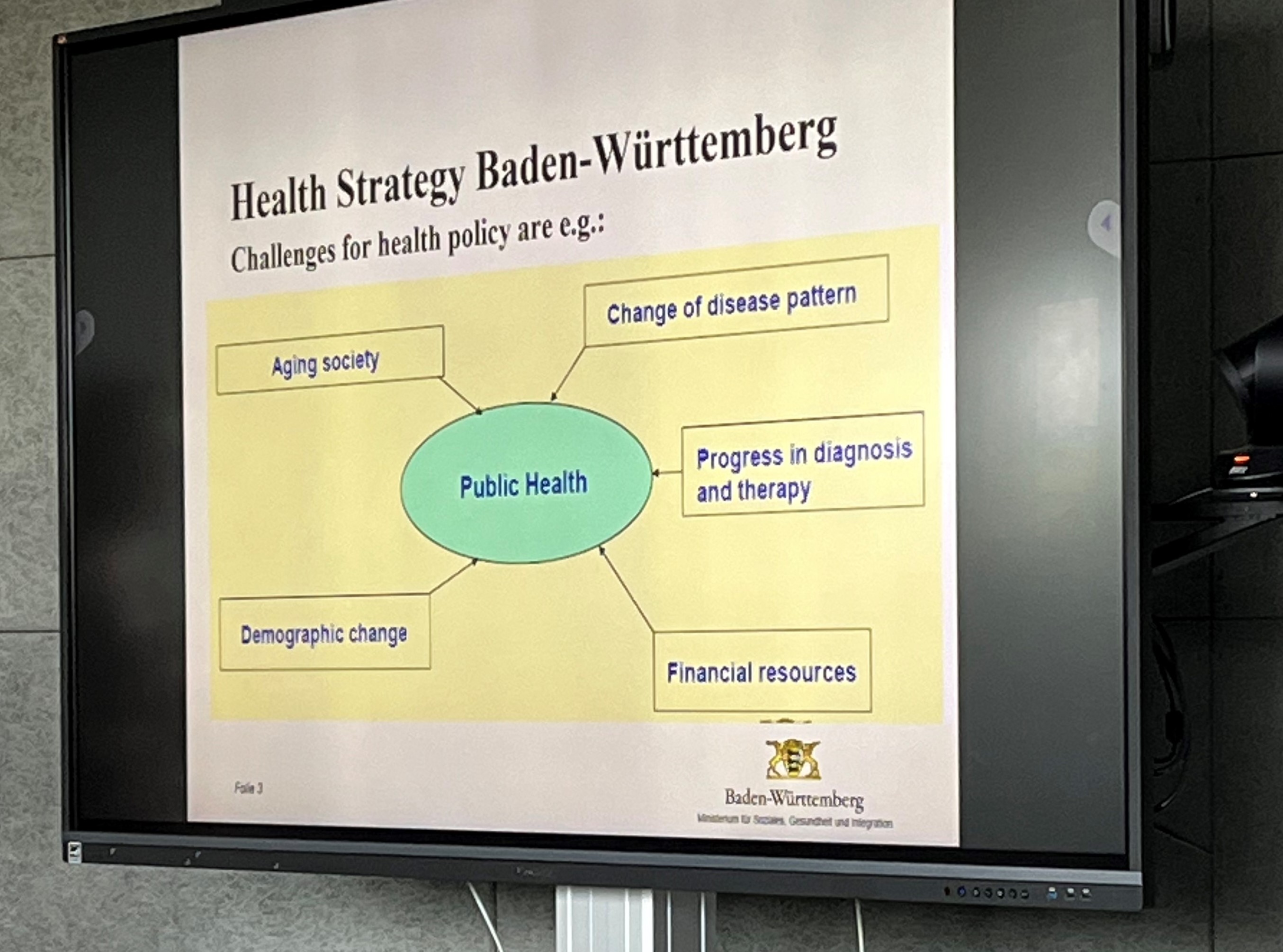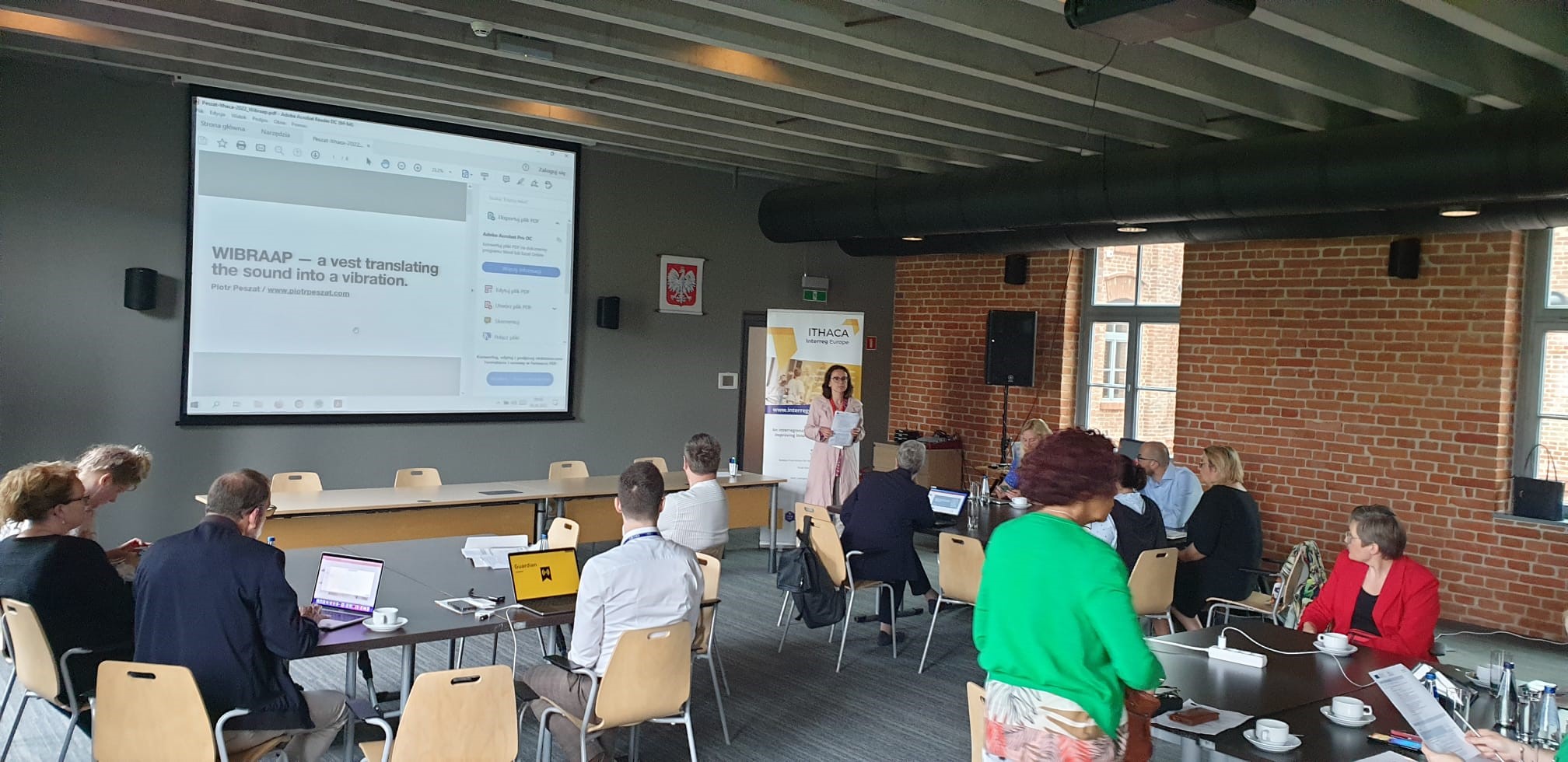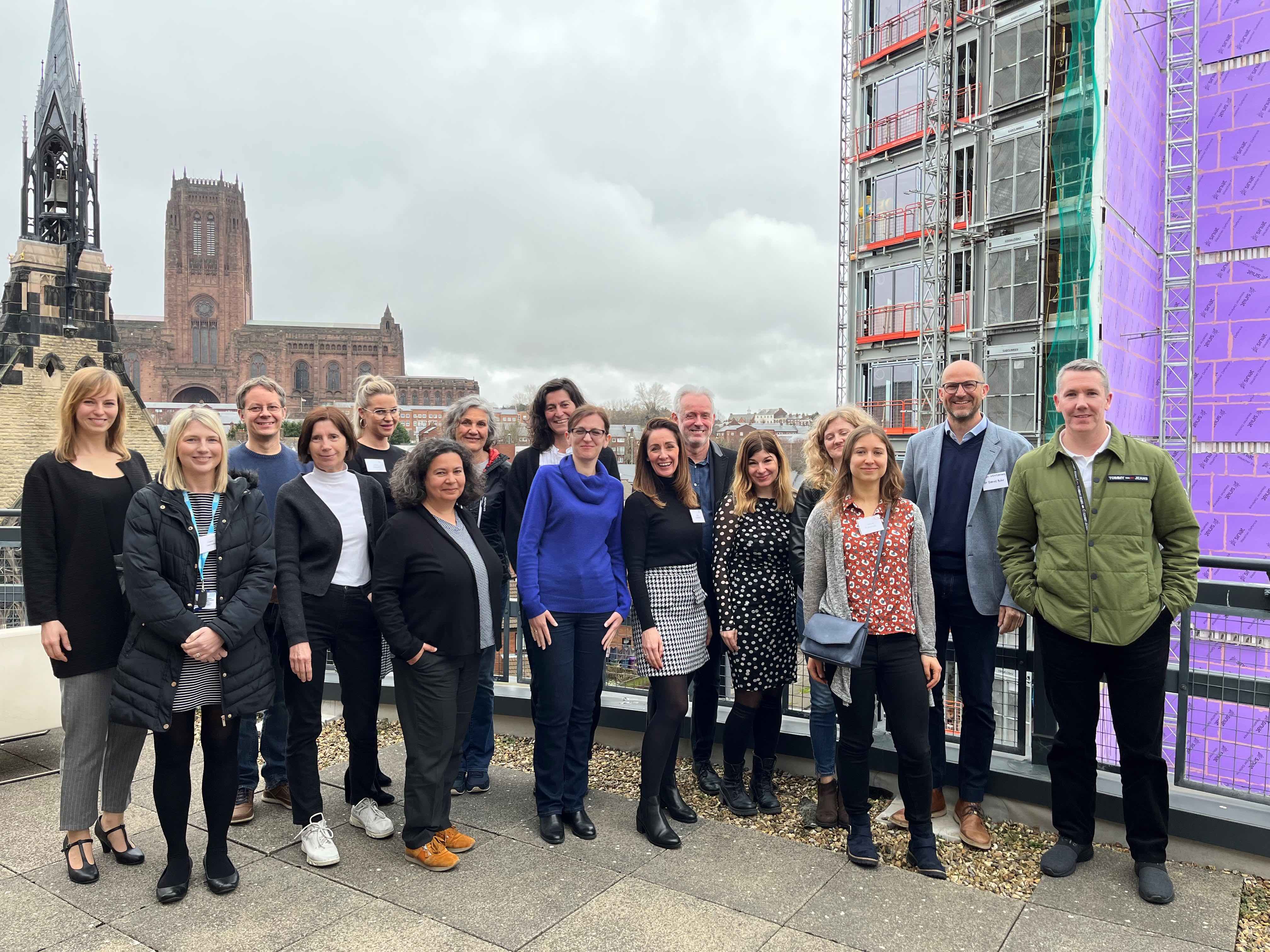9th EEPE was a two-day event organized in Friuli Venezia Giulia Region (FVG), Italy's north-eastern autonomous region. The region has 1,2 million citizens and the capital is Trieste. The economy of Friuli Venezia Giulia is one of the most developed in the country, due to a strong political will for supporting small- and middle-size enterprises in the field of Research and Innovation.
The visit started with a presentation session of the most important FVG regional strategies for healthy and active ageing and Research and innovation strategy to foster economic growth and the creation of jobs. With additional information of the structure of the regional health system.
Science and Innovation
The Science Park AREA, showed the delegation how private cluster funding supports education activities and enforce an innovative environment that goes hand in hand with the regions Research and Innovation strategy. It was noticed by the delegation that the political support to the private clusters also has a positive impact on the clusters’ engagement with the educational sector. The delegation raised two questions regarding the regional educational efforts in the field of Research and Innovation that could be possibly explored by FGV: the first question concerned if the effort to support young scientist to become entrepreneurs also was backed up by training to make them become businessmen and if how the regions would ensure sustainable local knowledge, are kept in the region, given that a high number of high educated young people are finally employed outside the region.
FGV’s ERDF Regional Operational Programme on Smart Health has a large portfolio of innovative solutions that can be applied in other regional contexts like e.g. the ERMES project, which offers an algorithm-based approach to optimizing outpatient waiting list in the health services. The delegation also visited the Local Health Authority of Trieste, where Innovative services of Health Districts and the integrated community-based experience of “Microaree Model” to strengthen community health equality as well as some experiences in telemedicine and ECG integrated network. The delegation assessed that the funding of a vast amount of good ideas can make it difficult for the FGV region to keep a strong focus. The delegation identified a need to help enterprises translate good project ideas into real sustainable services after project funding. It was recommended that less spending on projects together with more focus on developing an infrastructure to help SME’s to build sustainable business solution could increase the amount of innovative business in the region. The overall impression was, that SMEs are dynamic and innovative and could have even better conditions if they had the possibility to enter in dialog with the public procures. Some initiatives in this direction are already under development: e.g. the AlpSib project aims at strengthening the public and private collaboration to improve social impact bonds on the basis of stakeholder engaging co-labs. It was also suggested that the settlement of the infrastructure for public-private dialogues could be accelerated by empowering people though a pressure group and to focus on international corporations to keep on learning from outside experiences.
International corporations was also mentioned as a possibility to increase some of the promising SME’s marked growth.
A visit to the city of active and healthy ageing in Udine
During the 9th EEPE it was also made evident that the FVG region has a strong culture for voluntary activities at the community level. In Udine the participants had the opportunity to meet stakeholders and especially volunteers developing bottom up solutions at a community level to support active and healthy
ageing. Offering lifelong learning activities to their elderly citizens, the creation of Senior centres, sustainable initiatives to solve the problems of loneliness among +85 citizens living without family. In ITIS, a historical nursing home in Trieste we saw examples of innovative housing services for older people and disabled people.
The delegation’s feedback to FVG, was that the region has a strong and engaged 3rd sector which is separated from the regional strategy for Research and Innovation. The recommendation was that it is important to give the 3rd sector more public recognition as it replaces the lack of presence of the public sector. E.g in North Brabant social policy aims at giving life to social enterprises as an integrated part of their smart specialisations strategy. In the FVG the Research and Innovation strategy is quite focused on traditional enterprises. This might become a problem when trying to create an overall sustainable societal system, and it was recommended to start looking into this post 2020 regional strategies.
